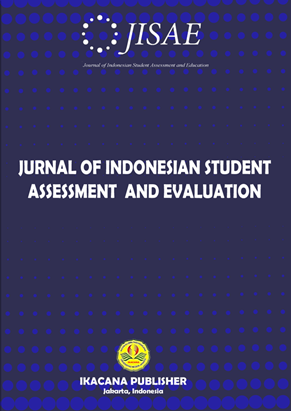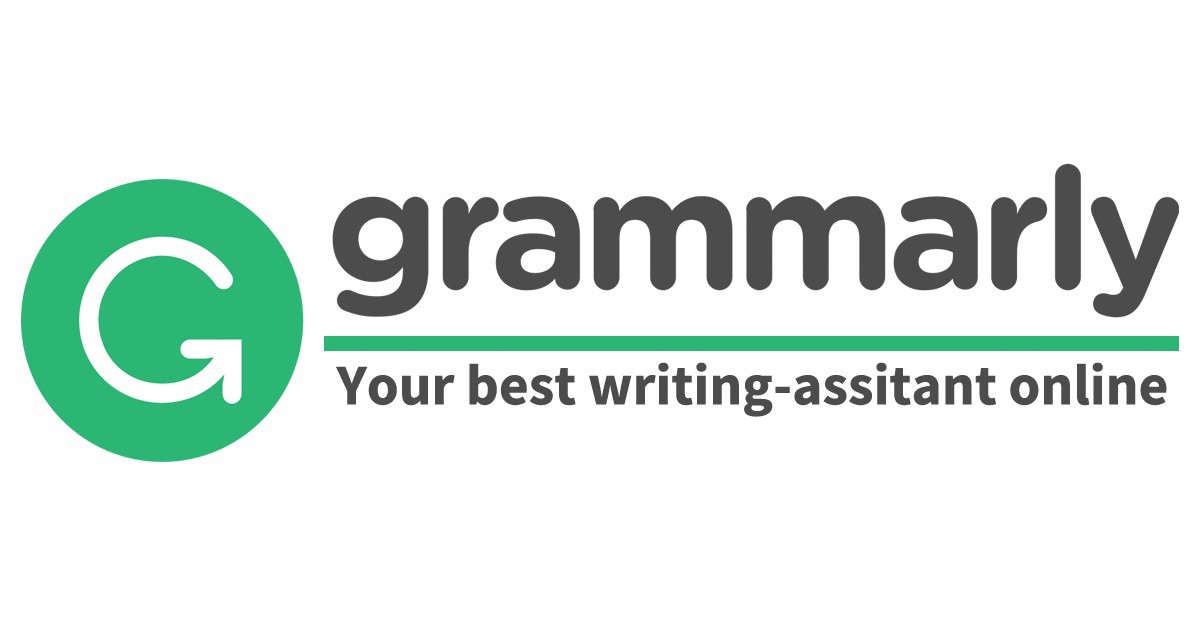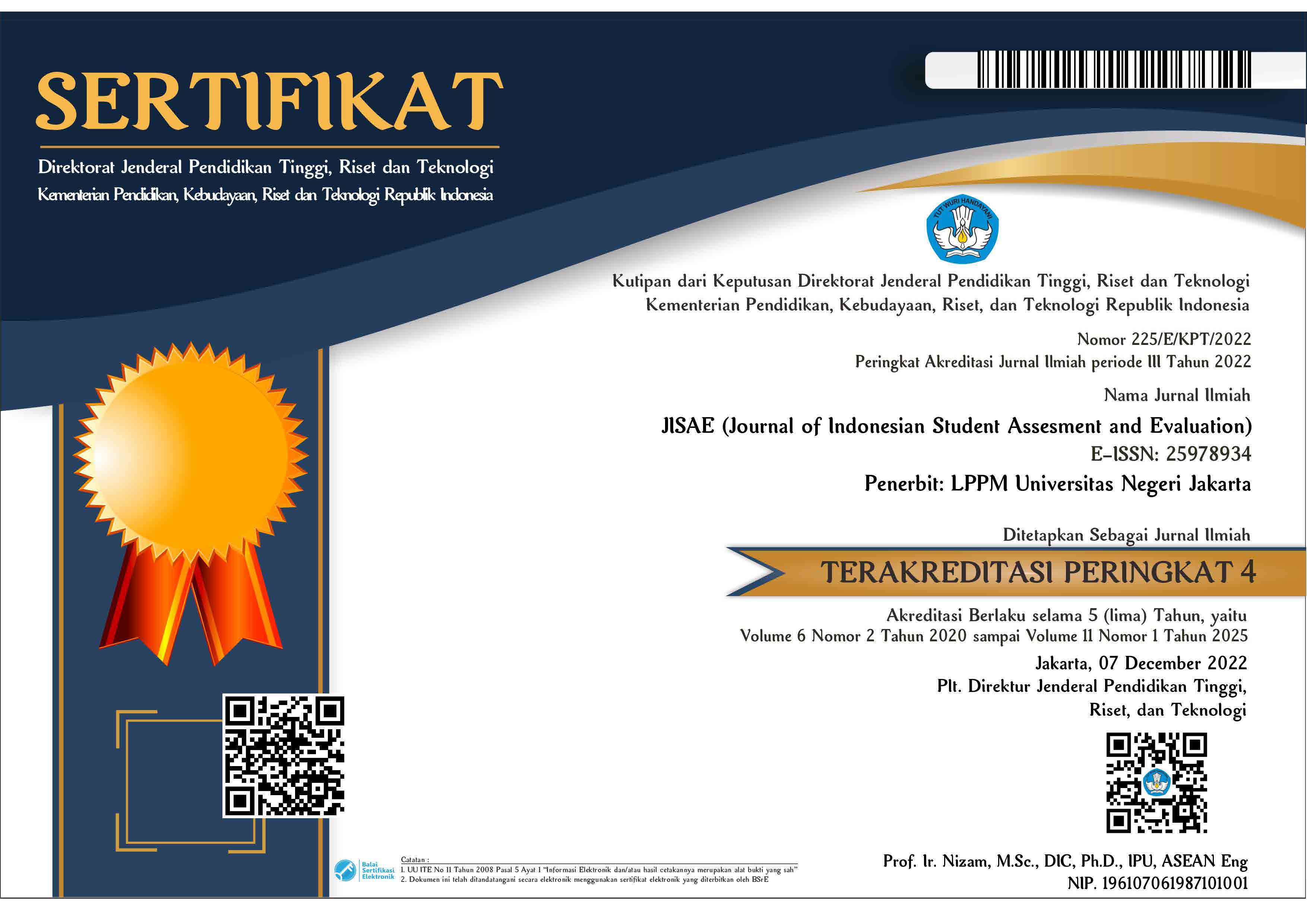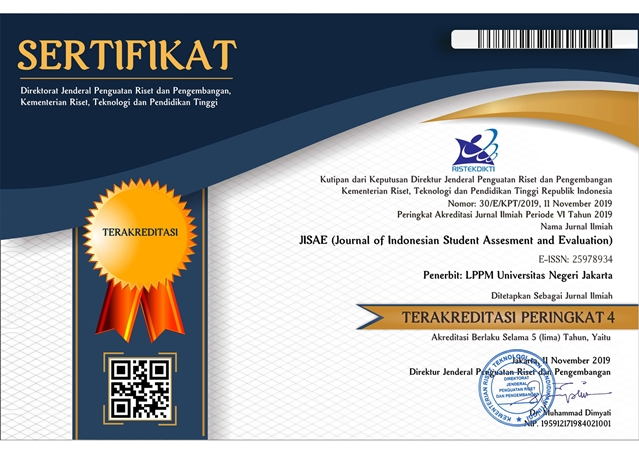Using DELPHI TECHNIQUE IN META-EVALUATING THE MATHEMATICS ASSESSMENT PRACTICES OF MATHEMATICS EDUCATORS
DOI:
https://doi.org/10.21009/jisae.v5i1.11645Keywords:
utility, feasibility, propriety, accuracy, accountabilityAbstract
While assessment practices are very important into the students’ learning and development, the processes of assessment may follow a logical progression from the selection and development of classroom assessment to the communication of the assessment results. Teachers may have similar assessment practices but they vary on the processes in conducting the assessment. Through Delphi Technique, evaluation experts assessed the extent to which mathematics assessment practices satisfy meta-evaluation criteria of utility, feasibility, propriety, accuracy and accountability employed by Mathematics Educators of pre-professional mathematics teachers in some select State Universities in the Philippines. The assessment practices of the Mathematics Educators were meta-evaluated with high ratings on utility, feasibility, propriety, and accuracy, while only moderate in accountability. Assessments performed in the largest state university have better overall utility, accuracy and accountability with overall feasibility and propriety about the same level across the four state universities. Hence, the respondents should develop assessment strategies for students with different learning abilites, continuesly improve their technqiue in assessing students’ learning and have sound judgement not only through the students’ quantitative scores but the impact of feedback about their performance for future use.











